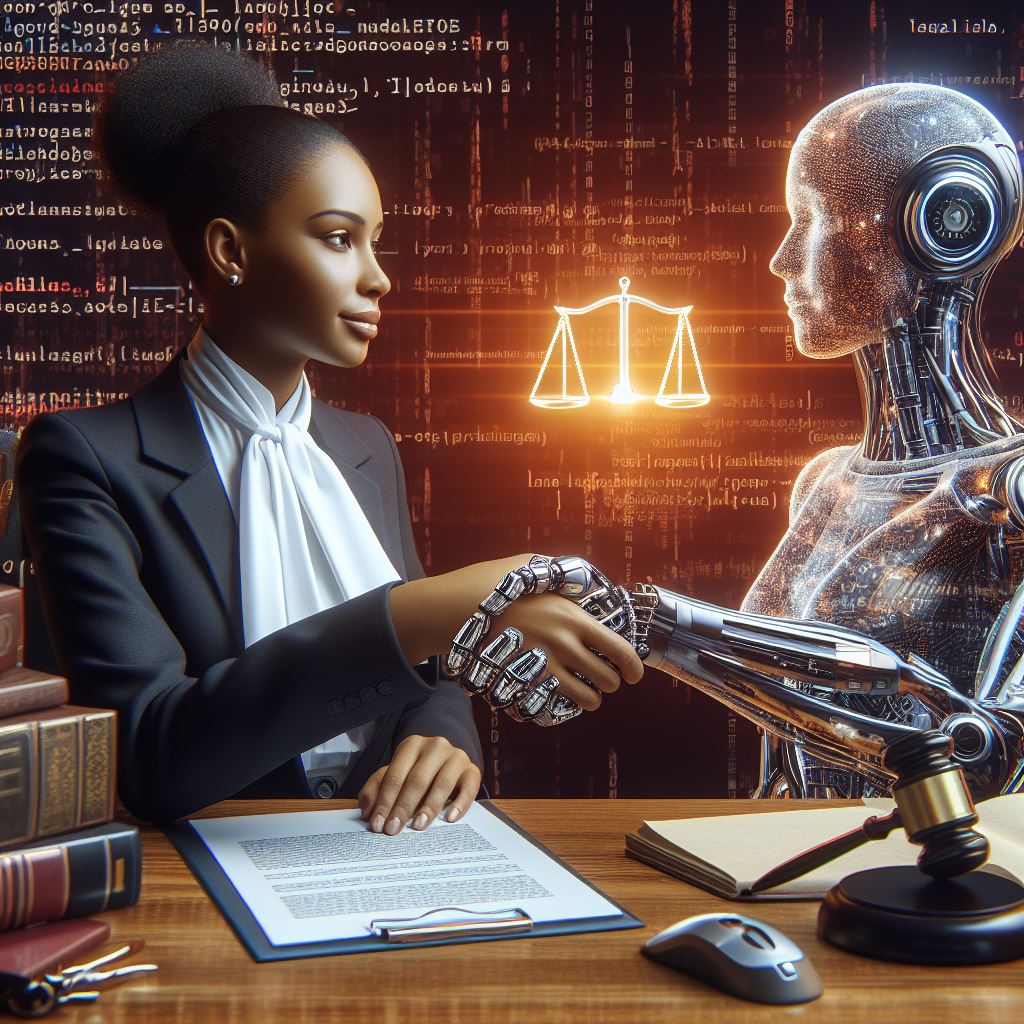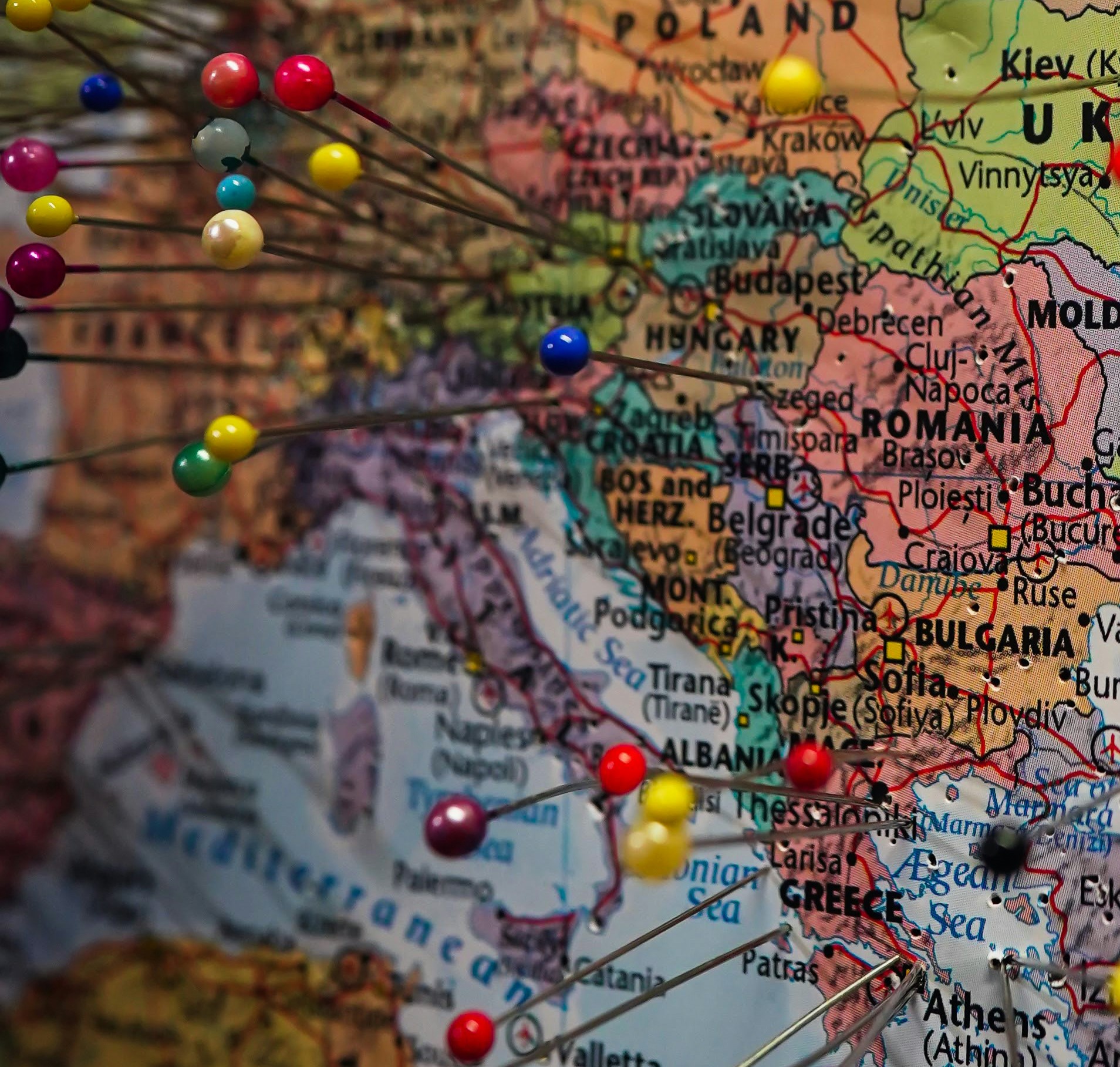
Legal translation is a field that demands an in-depth understanding of both the source and target languages, as well as the legal systems of the respective countries. As we transition into 2024, several trends are emerging that are set to redefine this industry.
The advent of generative artificial intelligence (AI), like ChatGPT, is anticipated to bring about significant shifts in the legal sector. Generative AI now can deliver some services that were traditionally the purview of lawyers. For instance, ChatGPT can dispense basic legal advice and is expected to augment the productivity and speed of lawyers by assisting with initial research and document drafting. However, there’s one area where generative AI should not and cannot supersede human experts: legal translation.
Legal translation requires a profound understanding of legal terminology and context, an area where AI is currently not fully equipped. While this new technology can rapidly analyze large volumes of data, thereby enhancing the efficiency of the translation process, it is intended to complement, not substitute, legal translation services. In the subsequent sections, we will delve into the reasons for this perspective.
#1 Who is legally responsible for the translation?
When legal documents need to be translated, it’s really important that the person or company doing the translation can be held responsible if something goes wrong. This is a rule that’s both legal and ethical, and it helps protect everyone involved in legal matters. While AI can help make sure the translation is accurate and complete, a human reviewer (or more than one) has to be the one who can be held responsible. AI can’t:
- Be sued or punished
- Be held in contempt of court
- Be given any other penalties for getting the translation wrong
So, if you’re thinking about using AI in your legal translation process, you need to hire a professional translator who can be held responsible for the translations. The need for human professional translators in translating legal documents is not just about avoiding legal problems; it’s about making sure the legal content is correct. Whether it’s contracts, agreements, court documents, or any other legal paperwork, getting the language right can have big consequences. Mistakes or misunderstandings can lead to legal fights, money problems, and harm to a company’s reputation.
If you’re using the translation officially in Italy, you might need to get the translation legalized. For more information, read here and here.
#2 AI’s Limitations in Handling Complex Legal Translation Materials
When dealing with complex legal translations, there are several aspects that AI struggles with compared to human translators or reviewers. These include understanding the significant impact of changing words or phrases in documents like contracts, translating everyday expressions accurately, and keeping up with the ever-changing landscape of case laws and interpretations.
Moreover, the way sentences are usually structured in legal documents, often using passive voice and long, complex sentences, can be a challenge for AI, especially when some languages prefer active voice or shorter sentences.
Given that AI lacks the ability to reason or think creatively and can only mimic what it has learned, it’s crucial to involve a human translator or reviewer for accurate translation of complex legal matters. This is particularly important when dealing with intricate content and situations that involve multiple countries, languages, legal systems, and cultures.
AI can make mistakes
Being accurate is really important when translating legal documents. To make sure the translation is perfect, you need a human reviewer because AI can sometimes get things wrong. Even a small error in legal translation can have huge consequences, such as rendering a contract ineffective, undermining the credibility of a brief, or misinterpreting and misapplying a law.
A human reviewer can spot and fix the mistakes, or “hallucinations,” that AI makes. Also, it’s important to remember that AI isn’t perfectly trained or ready to translate in all languages. While it can translate well in commonly used languages, it hasn’t fully learned the less common ones, at least not as well as a native speaker. So, a human reviewer is really important when translating legal documents into languages that AI hasn’t fully learned yet. Considering both the hallucinations made by AI and its incomplete understanding of some languages, human translation experts play a crucial role in the legal translation process.
Security Concerns
Generative AI can make legal translation more efficient and less costly. However, it doesn’t have the know-how to safely transfer legal documents while following all rules. These documents often have sensitive information that needs protection from hacking and cyber-attacks. In today’s digital world, where data breaches are common, keeping data confidential and secure is very important in legal translation. A reliable legal translator can implement robust security measures, such as using secure networks and encrypting data.
If you want to learn more about how my legal document translation can help your organization, or if you need help with legal translation, I’m just a message away. With a decade and a half of experience and the latest technology, I can adapt language services to fit your unique needs. Feel free to connect with me today.



0 Comments